If you’re thinking about moving to Europe, there are few countries that set imaginations racing quite like Spain. This lively corner of the continent truly has something for everyone. From breathtaking scenery to excellent food and, of course, that traditional laid-back lifestyle, you’ll soon be proud to call Spain your new home.
But before you set up home on the Iberian peninsula, there are one or two things that you should consider long before you plan on moving to Spain. Indeed, addressing things like immigration requirements and arranging school for your little ones will be top priorities. So to give you an idea of what you need to be doing, here’s our essential checklist for your big move.
- Do your research
- Decide where you want to live
- Arrange your Spanish visa
- Move your belongings to Spain
- Arrange your pet’s move to Spain
- Think about health insurance
- Start looking for a job
- Sort out your finances
- Find somewhere to stay
- Think about Spanish education
- Get an International Driving Permit
- Learn some Spanish
- Get a taste for Spanish culture
BCN Life
Make your move to Spain seamless with BCN Life. This team of American relocation experts can help you start your dream life in Spain, with services including real estate purchases and rentals, assistance with visas, and advice on living in Barcelona. Get in touch with BCN Life for a stress-free move to Spain
Do your research
The thought of living under the Spanish sun probably conjures up a number of images in your mind. For many, it’s the sight of traditional flamenco dancers or matadors, or maybe the famous old trio of sun, sand, and sangria. Others, meanwhile, might be more enamored with the delicious local cuisine, such as paella, tapas, and, of course, plenty of scrumptious seafood. However, if you’re moving to Spain, it’s important to look a little deeper into life in your potential new home.

Your research should cover everything about your new home; from the quality of local education and housing to the general cost of living and the price of groceries at your nearest Spanish supermarket. A good way to find out more is to connect with the local expat community on online forums and Facebook groups, where people will be able to answer all your questions. For a little more insight into your new home, you can also read these three articles on Spain:
Decide where you want to live
Once you’ve armed yourself with all the answers to any questions you might have had about living in Spain, it’s time to decide where to live. For some new arrivals, such as those who relocate for work or family commitments, the decision will be made for them. However, for many, the options of where to live in Spain will remain wide open. And there are plenty of great places to choose from.
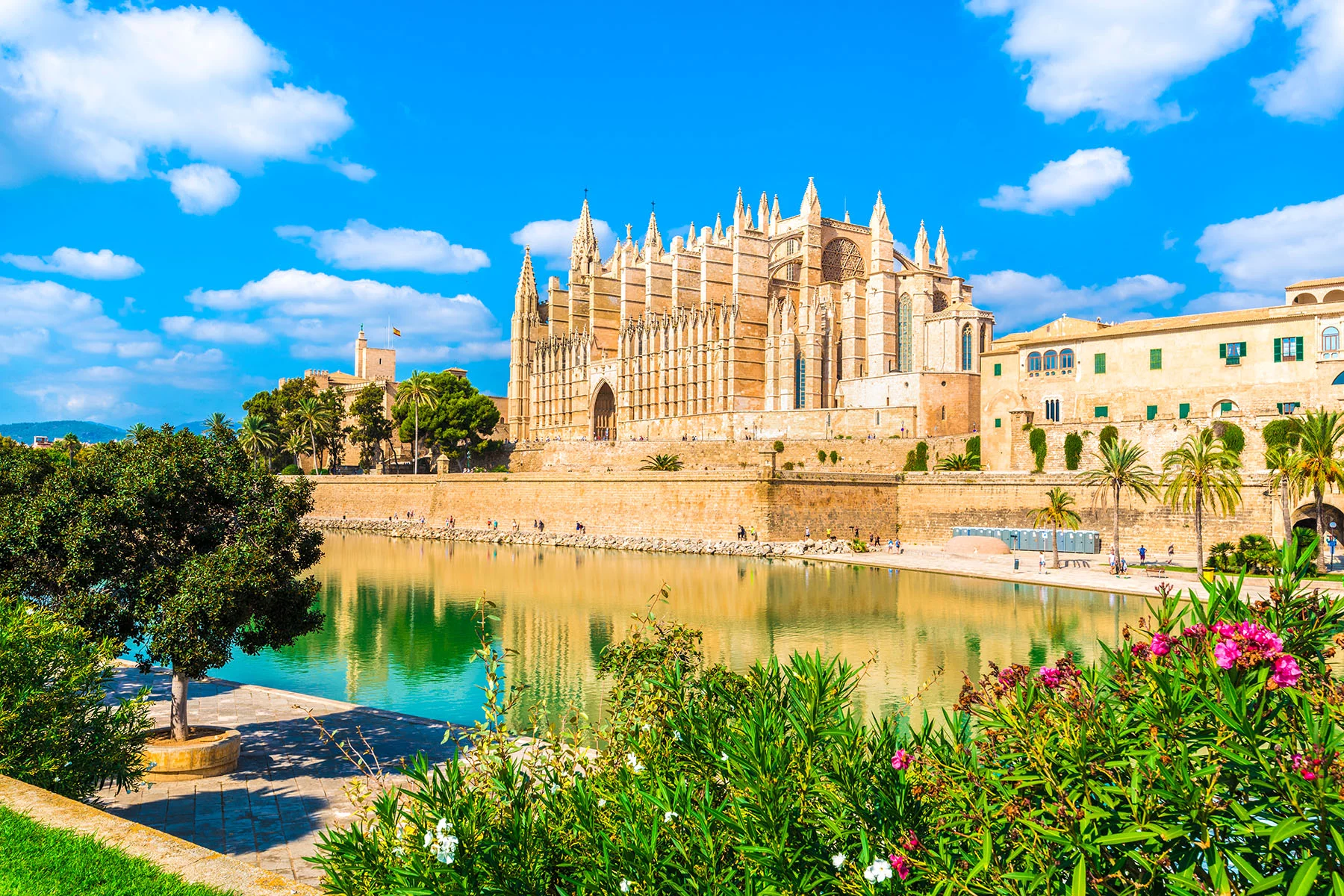
Many expats relocating to Spain will head to either beachside Barcelona or the capital, Madrid. These cities typically offer the most job opportunities, especially if you’re looking for an English-speaking role. That said, there are also loads of great places away from the bright city lights. Whether you’re looking for a mountainside retreat in the Picos de Europa, a seaside studio in glitzy Marbella, or a rural farmhouse in Extremadura, you’ll find it in Spain.
Arrange your Spanish visa
Decided which Spanish pueblo you want to call home? Then you’ll need to look into your visa options. Like other member states of the European Union (EU), Spain has a two-tier immigration system. If you’re a citizen of the EU/EEA, you have the right to live and work in Spain through Freedom of Movement. However, this right does not extend to citizens of the United Kingdom following the country’s decision to leave the EU back in 2016.
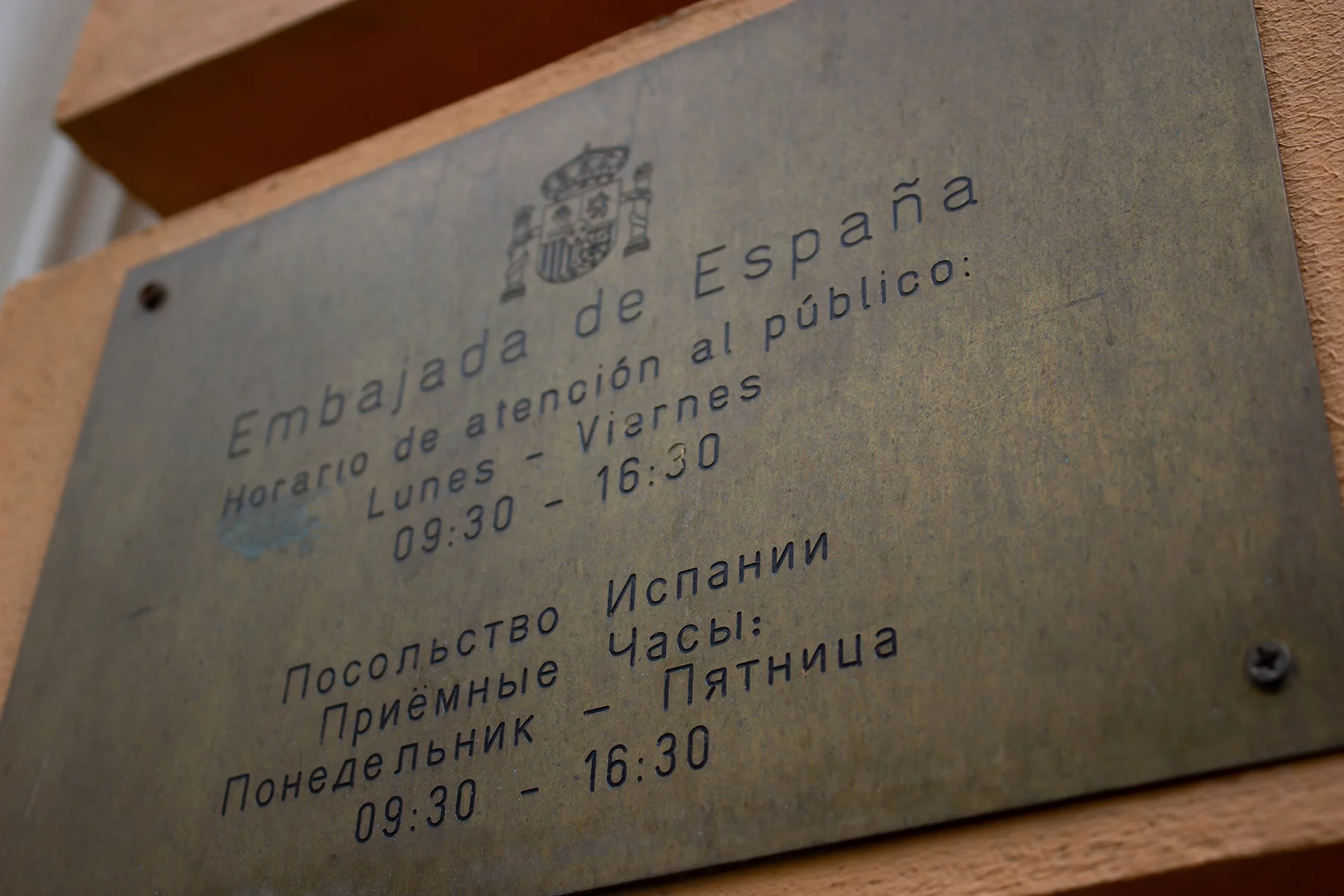
However, if you’re not from an EU/EEA country, then you may need a visa to live, work, and even enter Spain. The requirements will largely depend on your nationality and individual circumstances, such as what you plan to do in Spain and how long you wish to stay there. Generally speaking, you’ll need a long-term visa if you plan to stay in the country for longer than 90 days. You can find more information on this in our article on visas and immigration in Spain.
If you need assistance with your visa application, there is professional help available. For example, the experts at BCN Life can guide you through your options.
Move your belongings to Spain
Ask any seasoned expat and they’ll tell you that one of the most challenging aspects of moving abroad is getting your belongings to your new home.
AnyVan
Stressed about moving to Spain? AnyVan’s expert movers, flexible scheduling, and unbeatable prices (up to 40% cheaper) make international moves effortless. They handle everything from packing and customs paperwork to logistics – so you can just breathe. Join over 3 million satisfied movers.
And if you’re moving your life to Spain, the removals process will depend on where you’re coming from and what you wish to transport. For example, moving a few things from another European country will be a lot less hassle than relocating an entire household from Australia.

However, one painless way to make the relocation process run a little smoother is to research your options well ahead of time. You may also want to speak to a global relocations company, which can help with every step of your move, including removals and immigration. Some of the relocation platforms that can help you plan your move include:
For more information, read our article on removals to Spain.
Arrange your pet’s move to Spain
Are you relocating with some four-legged family members? Then they’re in for a real treat in Spain. Whether you have a cat that will bask on your balcony all day long, or a dog that will love tearing along those awe-inspiring Cantabrian beaches, there’s plenty for them to explore. However, if you’re relocating with pets, then be sure to start planning their move well ahead of time, especially if you’re moving from a non-EU country.

As ever with moving abroad, a good way to start is by doing your research, particularly around the rules for importing pets into Spain. Fortunately, you have options if you need help sorting out your pet’s safe passage. For example, many relocation companies can help arrange your pet’s journey as part of their services. This can include everything from sorting out the right paperwork to arranging any accommodation your four-legged friend may need on their way to your new home.
Think about health insurance
One of the most important things to do before moving to Spain is sorting out health coverage for you and your family. Spain has both public and private healthcare systems, with the majority of locals using the public system. Expats living and working in Spain can access their local public health services, including doctors, hospitals, and specialists. You can read more about this in our article on the Spanish healthcare system.
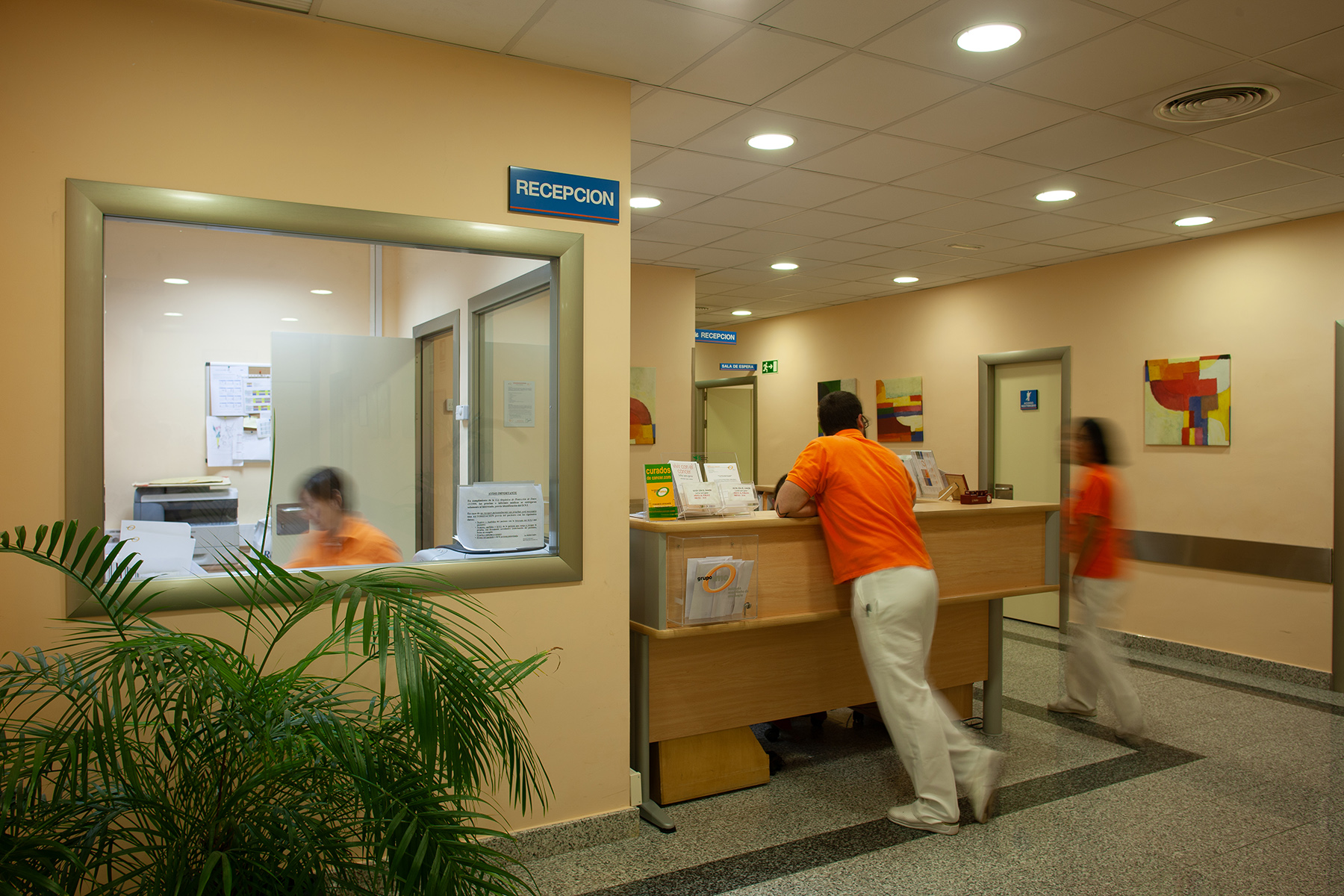
However, many new arrivals in Spain choose to take out private health insurance before arriving in the country. Some also need health insurance arranged as part of the visa application process. And fortunately, there are a number of global health insurance providers available in Spain, including:
Arranging health insurance before you get to Spain can give you and your family peace of mind from the second you touch down. This is particularly the case if certain aspects of your move to Spain have yet to be finalized.
Start looking for a job
If you’re one of the lucky ones, then you’ll already have a job sorted before you even set foot on Spanish soil. However, for many expats, jumping into the Spanish job market during their first week in Spain is a reality. If this sounds like you, then you may want to give yourself a head start and do a little research before you even leave home.

As you might expect, the job market varies significantly from region to region in Spain. For instance, in city regions such as Madrid, Barcelona, and Bilbao, you’ll find more international companies and some English-speaking opportunities. However, in other areas, you’ll find economies that are heavily dependent on tourism, such as some coastal regions and the island communities of the Canaries and Balearics. Therefore, it’s a good idea to understand what kind of opportunities are available to ensure that you land in the right place.
Sort out your finances
If you’re moving abroad, it’s important to keep a fine check on your financial situation throughout the entire relocation process. This will ensure that you can cope with any unexpected costs along the way – and there will be some. As any seasoned expat will tell you, there are always additional costs that you haven’t even considered. Thankfully, Spain is generally cheaper than some of its European neighbors, but you’ll still need to stay financially agile while moving there.

It’s a good idea to open a Spanish bank account to handle your finances and avoid additional charges when making everyday purchases. There are many well-known Spanish banks with whom you can open an account, such as Santander and Caixabank.
An easy way to help you save money while moving abroad is by using online money transfer platforms. These can help you avoid bank charges while moving your money to Spain. Some even offer multi-currency accounts that can help tide you over until that all-important first paycheck arrives. Some of the leading money transfer services include:
For more information, read our guide to making international money transfers.
Find somewhere to stay
Do you dream of waking up on the Galician coast to the sound of waves crashing below? Or perhaps you’d prefer the bustle of Madrid’s chic Salamanca neighborhood? Maybe it’s the thought of a hillside villa in Andalusia that gets you excited? Well, whatever your perfect home is under the Iberian sun, chances are you’ll need some short-term accommodation during your first week in Spain at least.

Short-term accommodation is typically the easiest to find, particularly when you’re outside the country and trying to arrange a booking online. A short-term let will also help you get your bearings in your new home, giving you time to explore. In some areas, you’ll find serviced apartments, which can be a great option for the first few months. Alternatively, if you’re planning to rent in Spain straight away, you may want to start looking at local accommodation portals ahead of your move.
Think about Spanish education
If you’re relocating with school-age children, then you’ll probably want to start researching the education system in Spain well ahead of time. Generally speaking, you have the choice between public and private schools, with public schools being generally cheaper and more accessible than private schools. They also offer a good opportunity for your little ones to integrate into local culture, as the language of instruction will almost certainly be Spanish.
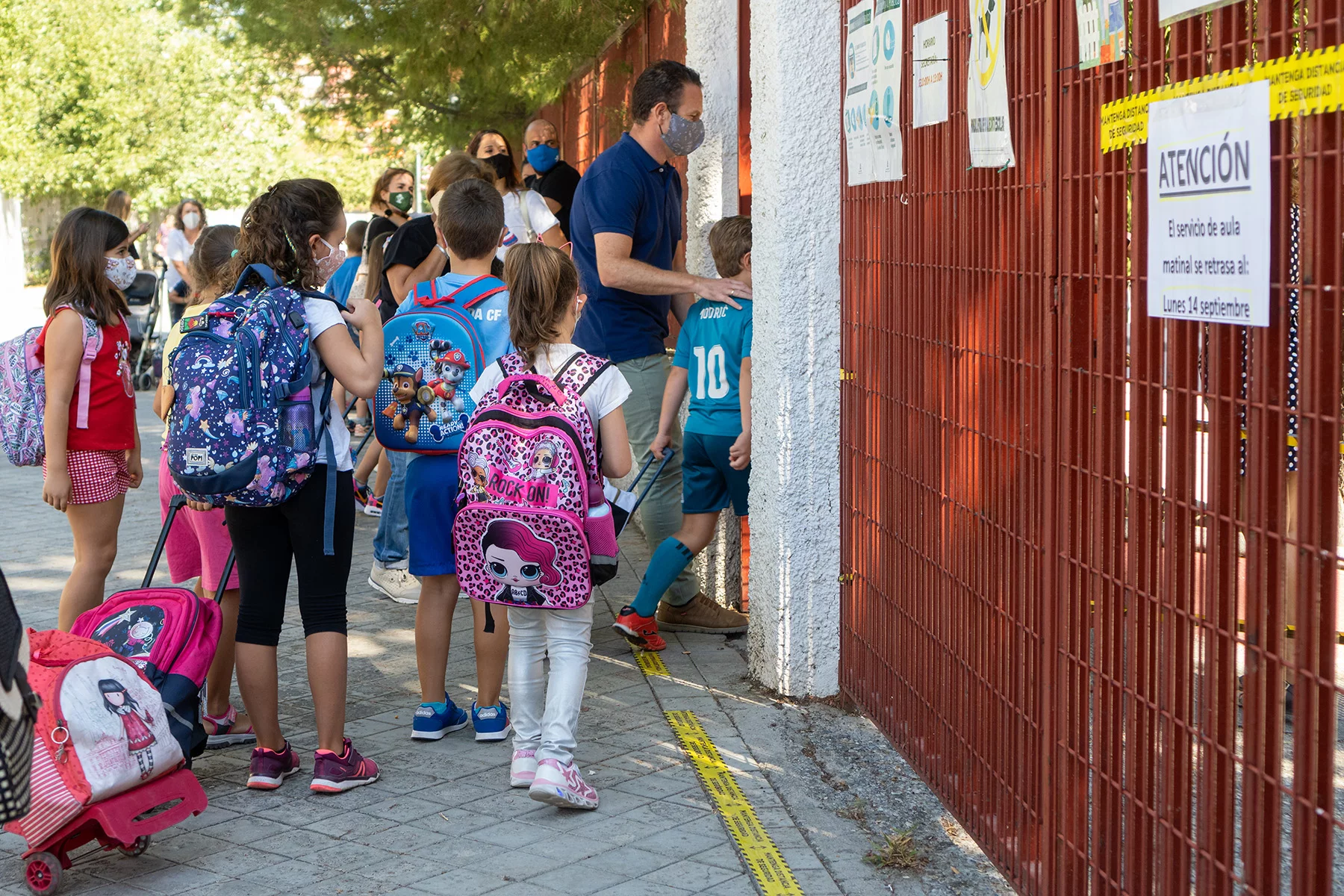
The alternative for many expat parents is to send their child(ren) to a private or international school. These are often a better option for older children who are already working towards exams. However, be aware that international schools can be significantly more expensive, so be sure to do your research beforehand. If you have young children, then you may also want to start looking into childcare in Spain before you move. This is particularly true if you’re looking for English-speaking daycare options as these places can fill up fast.
Get an International Driving Permit
Thinking of driving in Spain? As long as you’re over 18 and have a valid driving license, you can drive in the country for up to six months after you arrive. However, you will need sufficient car insurance. If your license is issued by an EU/EEA country, then you’ll be able to use your existing photocard license until it expires. That said, you may still prefer to get a Spanish driver’s license to make life that little bit easier.
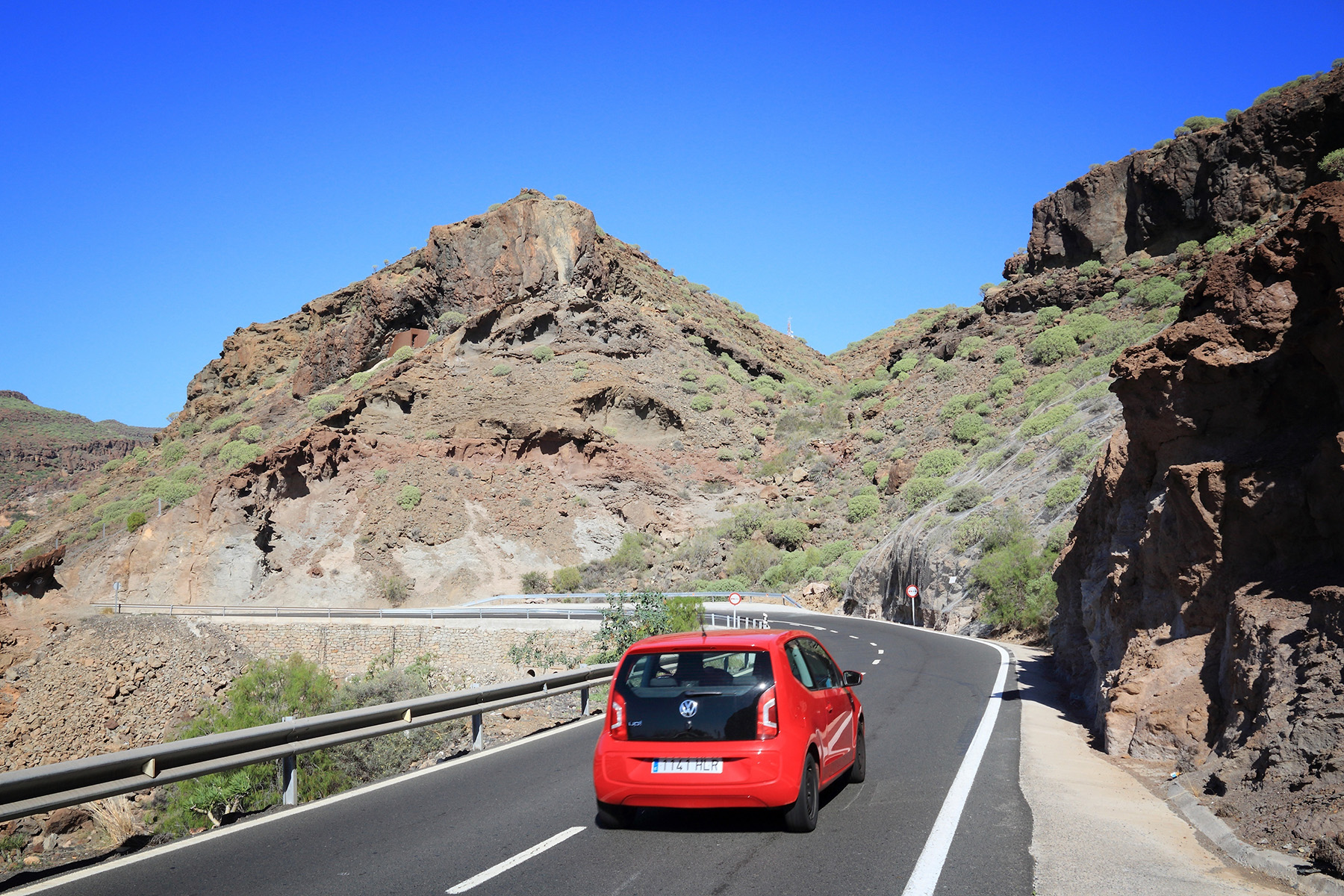
If you’re arriving with a non-EU/EEA driver’s license, then you’ll need to swap it for a local version within your first six months in Spain. Depending on where your license was issued, you may want to accompany it with an International Driving Permit which will allow you to drive legally in Spain. These permits are not difficult to come by but are typically easier to obtain in your home country. Therefore, make sure you apply well ahead of time to avoid getting stuck in first gear.
Learn some Spanish
What better way to prepare for your move to Spain than by learning the local language? From Tenerife to Tarragona, wherever you end up in this great country, chances are you’ll need to speak some of the local lingo to get by. For most areas, this will be Castellano, or what is largely known as Spanish. However, if you’re moving to Catalonia or the Basque Country, then you may wish to learn a few words of the local language, too.

Fortunately, there are plenty of ways to learn Spanish wherever you are in the world. This includes a number of easy-to-use online and app-based platforms, such as:
Of course, there is also the old-school method of actually going to a language school and opening a textbook. In this case, you can check online to find the nearest Spanish lessons near you to give yourself the best chance of embracing the culture and language when you move to Spain.
Get a taste for Spanish culture
Want to get the whole family excited about their upcoming move to Spain? Then why not indulge in a little Spanish culture before the big day. Thankfully, there are plenty of ways to do this, wherever you are in the world. This includes getting to know your new home through your taste buds by whipping up some of these great Spanish recipes at home.

However, if you’re not great in the kitchen, there are other ways to explore your new home from afar. There is also a whole host of great content about Spain right here on Expatica. From reading up on Spanish politics to planning all the great festivals in Spain you want to discover, we’ve got you covered.







